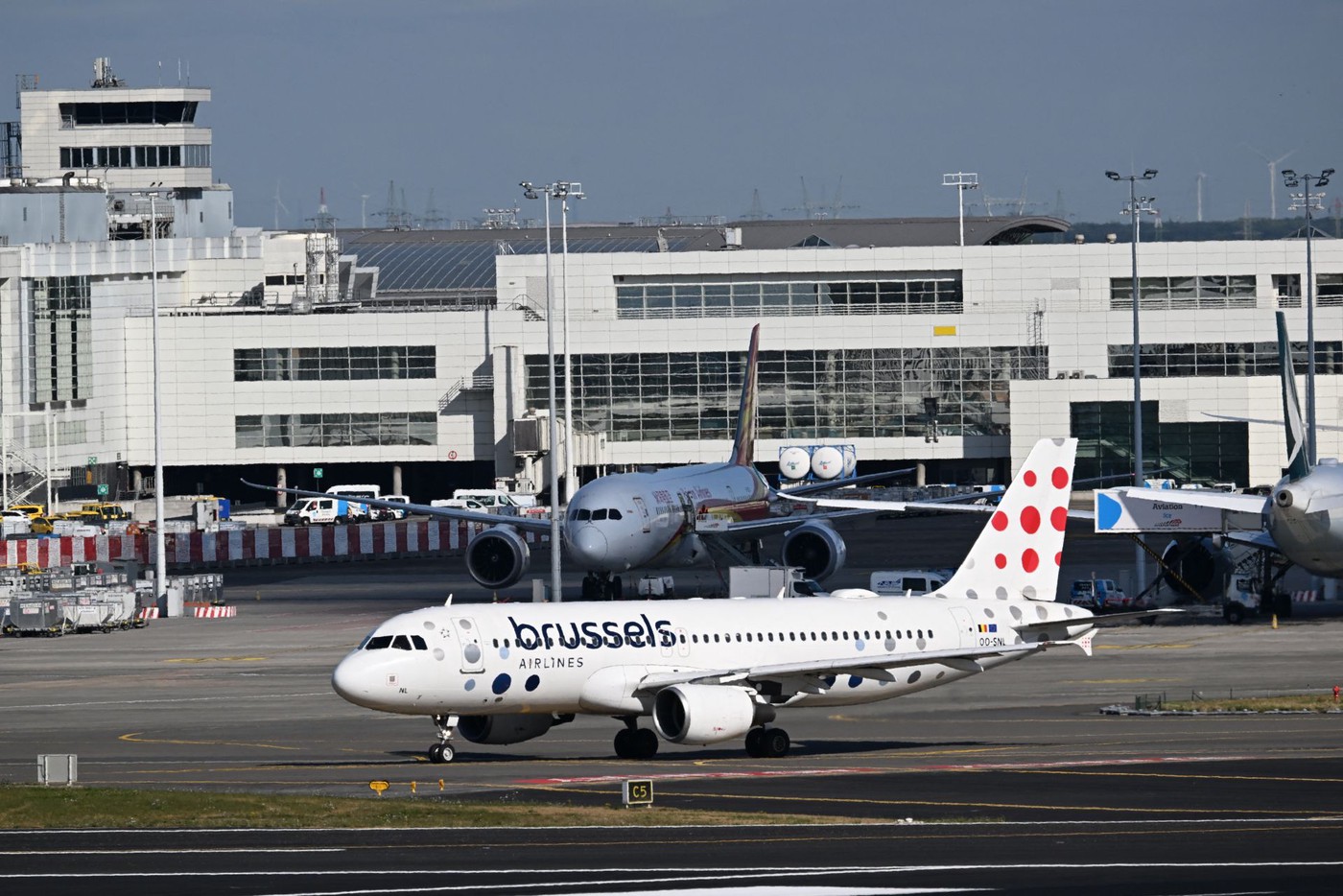Cyberattack Hits Airport Systems Across Europe

Air travel in Europe faced major disruption on Saturday after a cyberattack crippled check-in and boarding software used at several airports. London’s Heathrow, Berlin, and Brussels were among the worst affected, with hundreds of flights delayed or canceled. The attack struck Collins Aerospace’s MUSE software, widely used by airlines for passenger and baggage processing.
RTX, the parent company of Collins Aerospace, confirmed a “cyber-related disruption” but did not disclose who was behind the attack. The company said the impact was limited to electronic check-in and baggage drop, and manual systems were being used as a backup.
Airports and Airlines Scramble to Respond
Brussels Airport reported that it had to divert four flights and cancel half of its scheduled Sunday departures to prevent overcrowding and last-minute chaos. Berlin Airport also warned of long check-in queues, while Dublin and Cork reported minor disruptions. At Heathrow, nearly 30 flights were canceled, with passengers facing long delays and uncertainty.
Aviation data provider Cirium revealed that by midday, 29 flights had been canceled across Heathrow, Brussels, and Berlin combined, with over 1,000 departures originally scheduled from the three hubs that day.
Passengers Left Waiting
Travelers described scenes of confusion, with little information available inside airports. Many only learned about the cyberattack from online news. Passengers expressed frustration at both the delays and the vulnerability of critical aviation systems to such incidents.
“I arrived at nine this morning, and all we were told was that there was a technical fault,” one passenger in Berlin told Reuters. “It is incomprehensible that there is no way to defend against this in today’s world.”

Wider Impact and Concerns
While some airlines like EasyJet reported minimal issues, others including United Airlines and Delta confirmed minor delays. Ryanair and British Airways did not immediately respond to requests for updates.
Cybersecurity experts noted that the attack highlights how deeply interconnected and fragile the digital ecosystem of modern air travel has become. Analysts suggested the incident could have been ransomware-related, though no group has claimed responsibility yet.
European authorities, including the European Commission and national cyber defense agencies in Germany and the UK, said investigations are ongoing but stressed there is currently no evidence of a widespread or severe attack beyond affected airports.
Looking Ahead
Officials warned that disruptions are likely to continue into Sunday, particularly at Brussels Airport where airlines have already been instructed to reduce flights. With air travel already stretched by peak demand, the cyberattack raises new concerns about the resilience of critical aviation infrastructure.
Stay updated on the latest tech and cybersecurity developments by following Tech Moves on Instagram and Facebook.














